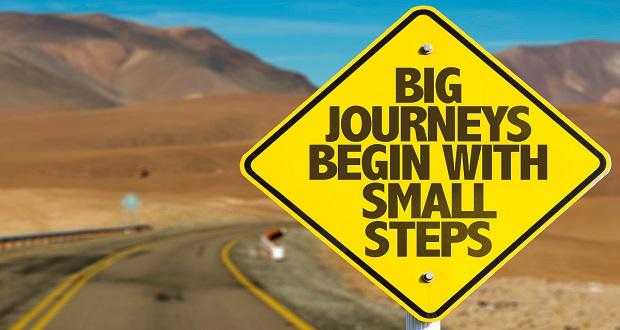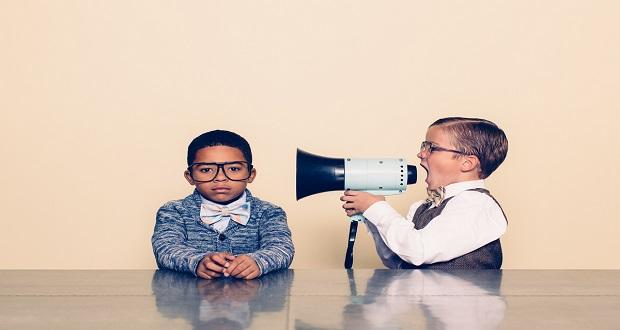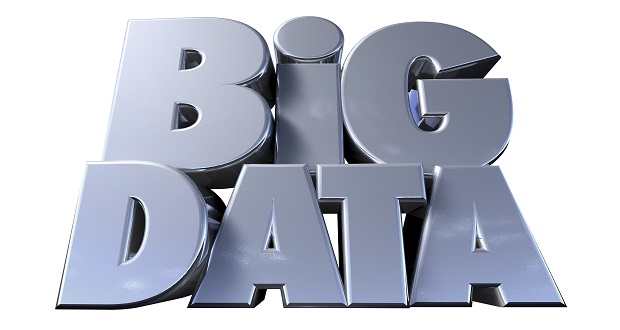
I commit to be intentional in living inclusively.
I commit to spending more time getting to know myself and understanding my culture. It is in understanding myself, that I am better positioned to understand others.
I will acknowledge that I don’t know what I don’t know, but I will not use what is unconscious as an excuse.
Think about a person you’re close to – a brother or sister, a best friend, a spouse. Do you see the world in exactly the same way they do? Absolutely not. There are probably plenty of times in your relationship with them where you’ve disagreed on a topic – and these are people with whom you have a lot in common.
Now, think about how much don’t know about someone when you first meet them. Why would you expect them to act and think the same way you do, when your closest loved ones don’t?
We don’t often take the time for self-reflection to determine how our views were formed and who or what influenced us. And yet, it’s these very views through which we filter our judgments of, and make assumptions about, others. Until we understand our own perspective, it’s difficult to step into another’s shoes and truly understand their perspective.
Diversity is not just about how we see other people, it’s about how they see us, too. In our effort to better understand “them,” we forget the one thing common to every interaction that we have – “me.” What am I bringing to the situation? What are my views and perspectives? What are my expectations?
Without self-awareness, we forget that we see every interaction through our own lens. That lens includes the values, beliefs, and behaviors we have been taught by the many groups to which we belong (our “cultures”). Our lens shapes how we make our decisions about what is “right” and what is “wrong.” We create the world we see through our perspectives, which have been shaped by our own unique learning and experiences.
So, what is self-awareness [understanding] really?
According to a recent Harvard Business Review article, What Self-Awareness Really Is and How To Cultivate It, most of us believe we are self-aware, but only 10-15% of us truly are. The researchers discovered these three things:
- The term “self-awareness” is not monolithic. There are two types of self-awareness – internal and external. Internal self-awareness is how we understand our own values, feelings, strengths and weaknesses. External self-awareness is our understanding of how other people view us. Internal self-awareness leads to higher job satisfaction and happiness; external self-awareness leads to more empathy. Building self-awareness requires a focus on balancing both internal and external self-awareness. Internal self-awareness can give us direction for our motivations and goals. External self-awareness can help us understand how we show up at work. Both are important for success.
- Experience and power may lead to less self-awareness. Experience and power tend to cause us to overestimate our skills and abilities. Experience may prevent us from questioning our assumptions, which leads to buying into our biases. Power may lead us to a false sense of competence because there may be fewer people who are willing to provide us with candid and constructive feedback. To mitigate this, seek – and be open to – frequent critical feedback, regardless of your experience or leadership level. Be sure to get this feedback from people who you trust and are willing to tell you the truth. Don’t overreact to harsh criticism from one person. Rather, get multiple perspectives when difficult feedback is given.
- Effective introspection means we need to ask the right questions. Often, we ask “why” as we reflect on ourselves and our motivations. Yet asking “why” can send us into endless loops of false assumptions and answers. Asking, “Why did this happen to me?” can lead to unproductive thoughts, fear and insecurity. Instead, ask, “What steps can I take so this doesn’t happen again?” “What” questions help us to be more objective and feel more empowered to act on our insights.
Self-awareness can be risky, because we might learn things about ourselves that we don’t like. These things may be hard to take, but they’re also a very important part of identifying what we might want to change. Without looking inside to understand our own perspectives, we can’t discover the hidden biases that might be holding us back from being more effective in our work and in our lives. Without fostering self-awareness and understanding, we can’t truly live inclusively.

















